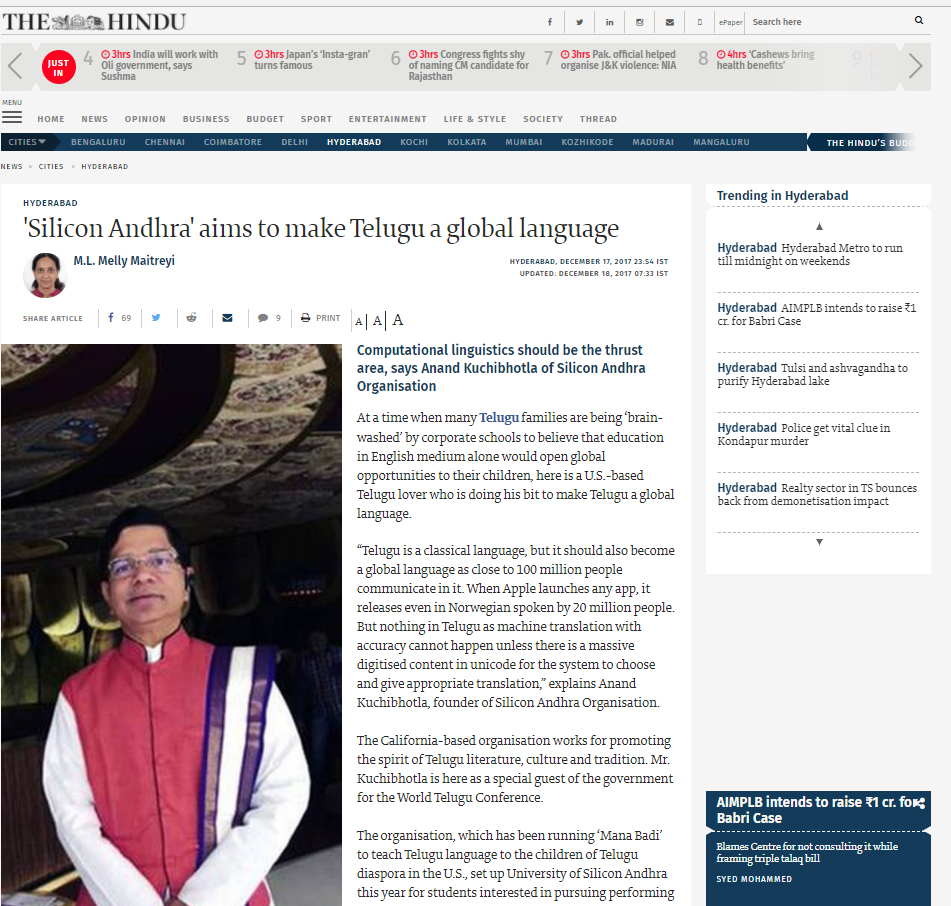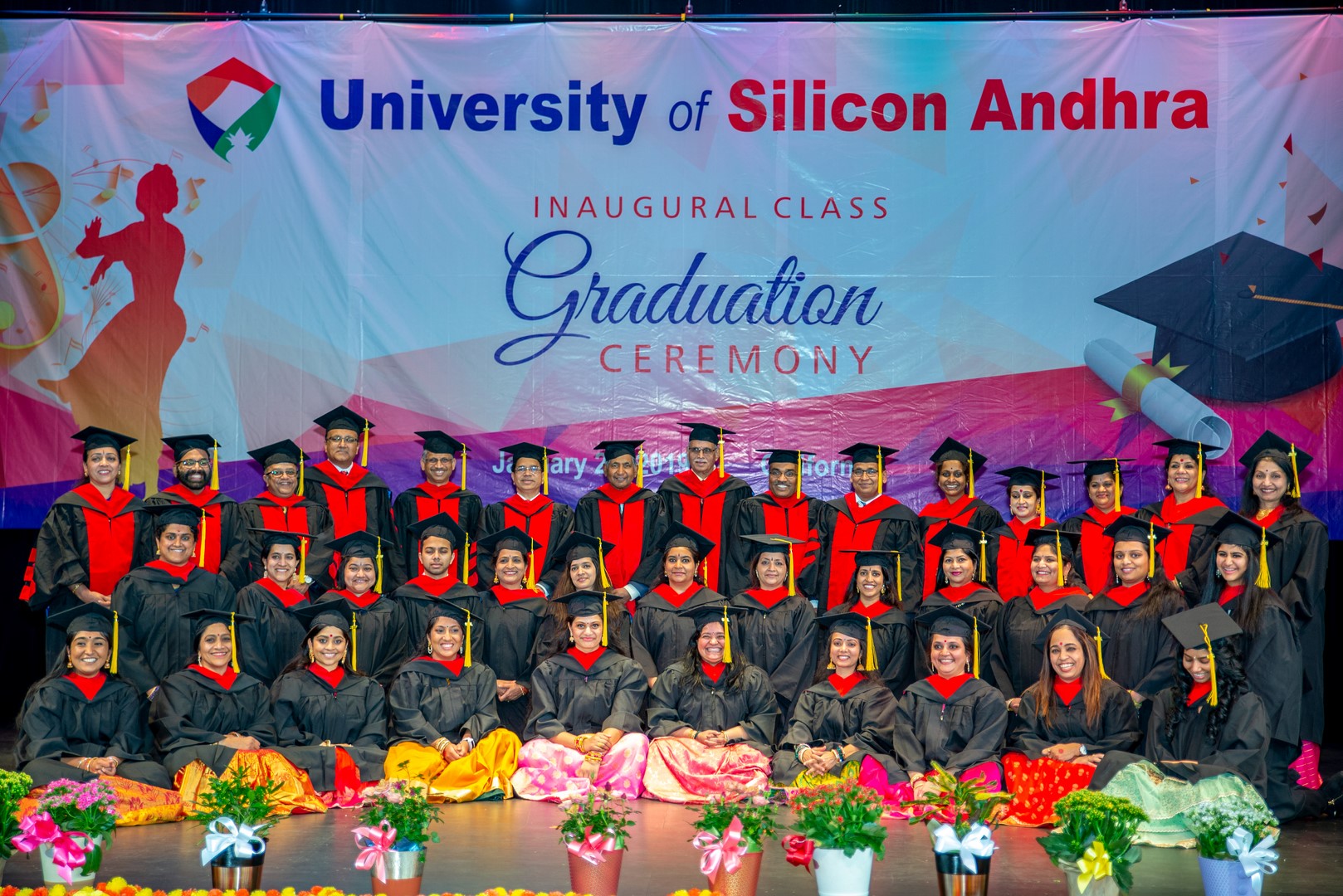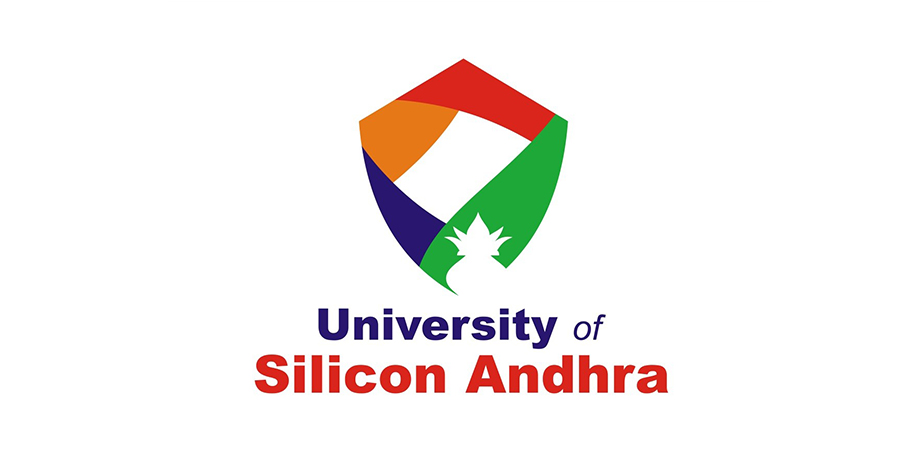Computational linguistics should be the thrust area, says Anand Kuchibhotla of Silicon Andhra Organisation
At a time when many Telugu families are being ‘brain-washed’ by corporate schools to believe that education in English medium alone would open global opportunities to their children, here is a U.S.-based Telugu lover who is doing his bit to make Telugu a global language.
“Telugu is a classical language, but it should also become a global language as close to 100 million people communicate in it. When Apple launches any app, it releases even in Norwegian spoken by 20 million people. But nothing in Telugu as machine translation with accuracy cannot happen unless there is a massive digitised content in unicode for the system to choose and give appropriate translation,” explains Anand Kuchibhotla, founder of Silicon Andhra Organisation.
The California-based organisation works for promoting the spirit of Telugu literature, culture and tradition. Mr. Kuchibhotla is here as a special guest of the government for the World Telugu Conference.
The organisation, which has been running ‘Mana Badi’ to teach Telugu language to the children of Telugu diaspora in the U.S., set up University of Silicon Andhra this year for students interested in pursuing performing arts after undergraduation. It has now set its sights on computational linguistics. It needs both language skills and programming expertise that facilitates creating unicode content for Telugu literature, language and dialects.
“Imagine the number of software engineers needed to develop apps for Telugus and the enormous potential for every sector,” he told The Hindu.
Mr. Kuchibhotla, who held senior management position in many Fortune 500 corporations, said India should address the severe dearth of computational linguists. Developed countries like China, Japan and Germany which prospered speaking their own language have thousands of computational linguists.
“There are about 10 computational linguist researchers and three or four faculty members in the Central University here.” Silicon Andhra developed 21 unicode fonts and Google now serves those fonts, but the complaint is that there is no adequate unicode digitised content to facilitate machine translations with fair amount of accuracy, he said. When 70% of Telugus in rural areas do not speak English, computational linguistics would help in creating the database of vocabulary of Telugu in different dialects for the computer or a mobile phone to process the queries and break digital and language barriers, he said.
A person sitting in any part of the world can access Telugu literature through accurate machine translation in the language he or she is comfortable with. Many Telugus who cannot understand the classical language can get the translation and enjoy the work of Telugu scholars, poets and writers, he elaborated.
Mr. Kuchibhotla said the interest and buzz generated by the World Telugu Conference should be exploited by the government and the NGOs to encourage young generation to take interest in Telugu language, literature and research. They should be the target group to sustain the language, through its culture and traditions.
Courtesy : The Hindu : http://www.thehindu.com/news/cities/Hyderabad/doing-his-bit-for-making-telugu-a-global-language/article21827992.ece



